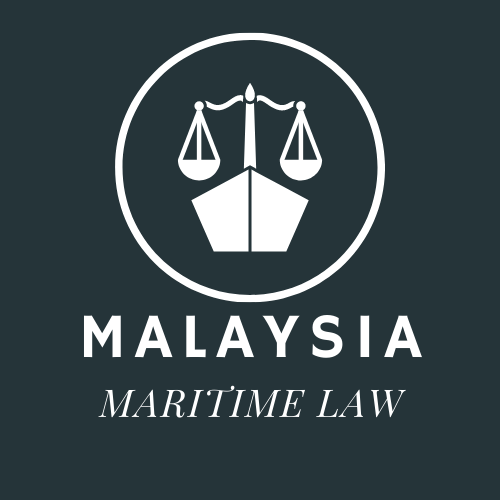Liability For Marine Pollution 1. 1992 Civil Liability Convention The 1992 CLC and the 1992 Fund Convention apply to oil pollution damage caused in the territory, including the territorial sea, of a contracting state, and to damage caused within 200 miles from the coast. It also covers the costs of preventive measures ‘wherever taken’, i.e....
Category: Admiralty Law
Duties and Liabilities of Ports and Pilots
Duties and liabilities of ports and pilots 1. Statutory duties and rights of port authorities Harbour authorities have the power and the obligation under the Pilotage Act 1987 to decide whether and what type of pilotage services are needed in their area for each type of ship, and whether pilotage should be compulsory. In addition,...
Towage Contracts
Towage contracts 1. The contract and basic terms Various standard forms of towage contracts are available. However, the arrangements under these forms are not restrictive and parties can agree on any terms they wish subject to restrictions imposed by statute, for example, by the Unfair Contract Terms Act 1977. However, towage is excluded from this...
The Concept of Salvage
The concept of salvage 1. 1989 Salvage Convention The 1989 Salvage Convention has the force of law under s.224 of the Merchant Shipping Act 1995 (MSA 1995). It is the starting reference point for the current English law of salvage. Consequently, earlier pre- existing salvage case-law needs to be assessed under the 1989 Salvage Convention....
Limitation of Liability
Limitation Of Liability 1. Scope Of The 1976 London Convention On Limitation Of Liability For Maritime Claims The 1976 LLMC and its 1996 Protocol are in force in the UK. An amendment to the 1996 Protocol was agreed on 19 April 2012 and came into force on 8 June 2015. The UK enacted the new...
Civil Liability for Collision Damage
Civil Liability For Collision Damage 1. Who May Be Liable? Standard Of Care And Burden Of Proof When ships collide, they are normally under the command of the master of the ship. The master is responsible for taking all precautions in order to avoid a collision. The negligent act which causes the collision may be...
Criminal Liability for Navigational Incidents
Criminal liability for navigational incidents 1. Breach of the COLREGS A failure to comply with the COLREGS can, irrespective of whether a collision is actually caused, be an offence under the general criminal law or specific statutory provisions. The Merchant Shipping (Distress Signals and Prevention of Collisions) Regulations 1996 (SI 1996/75), enacting the COLREGS in...
Seamanship and the Collision Regulations (COLREGS)
Seamanship and the Collision Regulations (COLREGS) The COLREGS The COLREGS are a code of good practice endorsed by law. There are 38 Rules and four annexes. The Rules are divided in parts: a) Part A: General b) Part B: Steering and Sailing c) Part C: Lights and Shapes d) Part D: Sound and Light Signals...
Ship Sale and Purchase
Ship sale and purchase 1. Negotiations stage and binding contract During the negotiations the parties owe no duty to make full disclosure of their position to the other party under English law, but they must not misrepresent facts to induce the contract. The parties must express their intention clearly to prevent an ambiguous contract which...
Shipbuilding Contracts
Shipbuilding contracts 1. The contract The negotiations leading up to the contract formation are significant in ensuring what the parties want. The parties must not misrepresent their position in order to induce the contract. There are statutory remedies for misrepresentation (s.2 of the Misrepresentation Act 1967). To have a binding contract there must be an...

